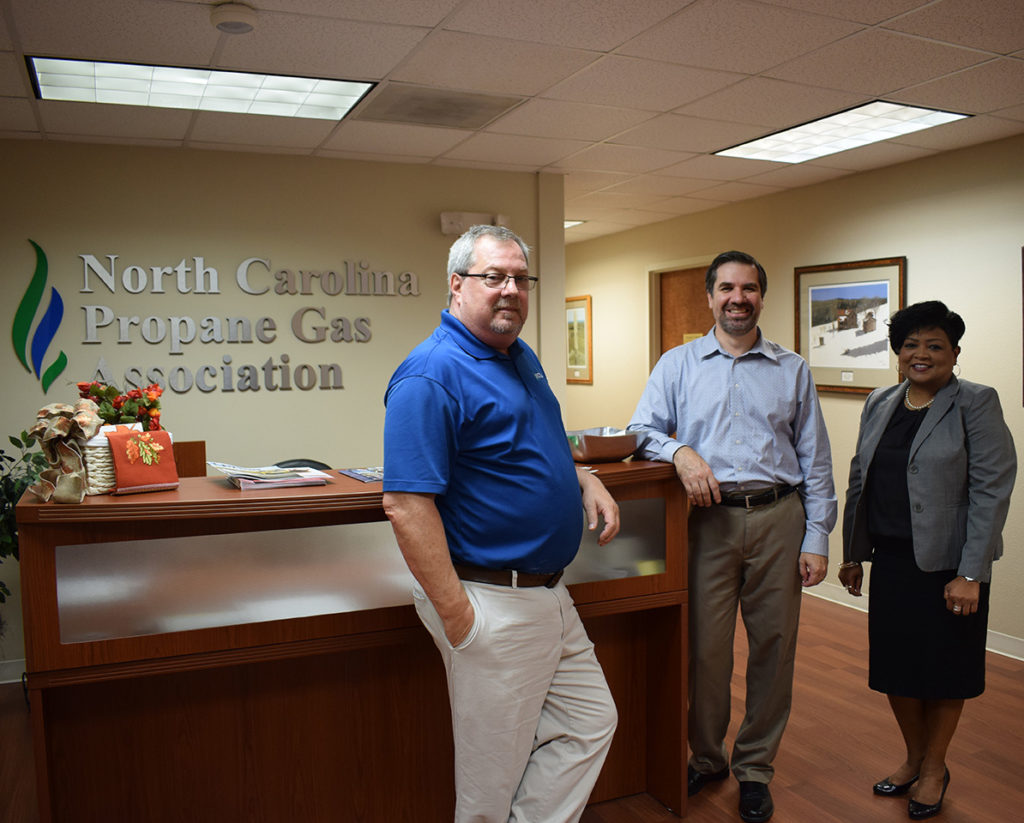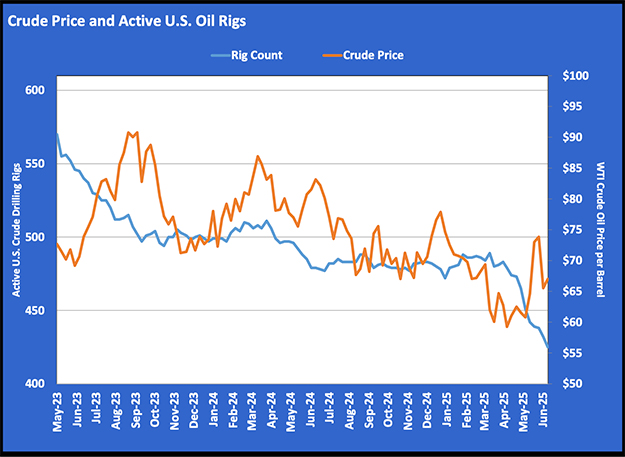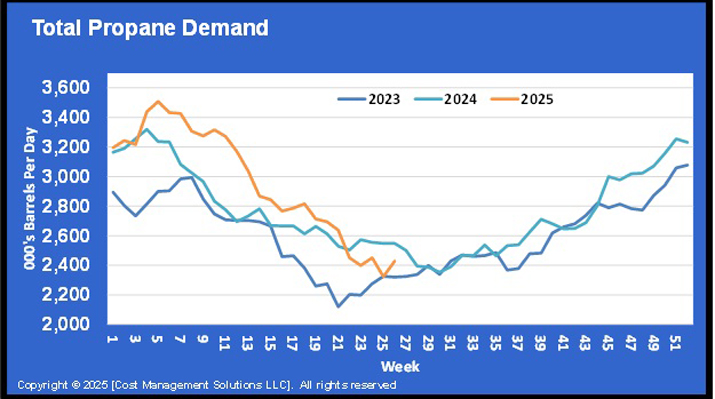5 takeaways from discussions with state propane associations
What role is your company and state playing in the big-picture view of the propane industry?

North Carolina Propane Gas Association leaders are, from left, David Donahue, John Jessup and Beverly Dodd. The association is focusing efforts on workforce development and autogas. Photo by Brian Richesson
If we learned anything from our December State of the Industry report, which we called “State of the States,” it’s the importance of these roles in the industry’s future.
Each company has a choice on its level of involvement in the propane industry. Each association has a choice as to how it represents its members, in what direction it takes the membership in today’s changing energy environment, and how it fits within the scope of the entire industry.
The moving parts here are many – e.g., states’ available resources, revenue sources, member involvement – and can sometimes complicate associations’ abilities to reach their full potential.
After connecting with many of the 38 state and regional associations, here are five developments that caught our attention:
1. Some states are choosing to pursue checkoff programs. While the propane industry works under a national checkoff program through the Propane Education & Research Council (PERC), about 15 states, including Ohio and Georgia, have adopted separate checkoffs as a way to create additional funding, as well as market and gallon-growth opportunities.
“We’re hoping this will enable us to expand rebates where we can displace electricity and put things in consumer homes that are gas,” says Jenni McKeen, executive director of the Georgia Propane Gas Association.
2. The industry’s focus on battling subsidized natural gas expansion seems to have shifted to a new battle: against the electrify everything movement. Some industry leaders are ready to go on the offensive. Michigan has tangled with natural gas expansion for the last nine years, but the aggressive electrify everything movement is becoming the bigger obstacle, says Derek Dalling, executive director of the Michigan Propane Gas Association.
“The electrify everything movement is really ramping up to a point where Michigan is in a similar predicament as national PERC – looking to figure out how to change some of our messaging and outreach. … There are a lot of debates on what the correct language should be.”
3. Associations are recognizing the need to develop the next generation of workers. Pennsylvania’s work in this area is notable. Its GeneratioNext Energy Pros initiative is a workforce development program designed to connect students and graduates of technical schools with potential employers in the propane industry. The program includes a web platform (at generationextpropane.com) where potential employees can post their resumes and search for employers in their area.
4. The propane industry is fortunate to have some true leaders at the state and regional level. The best leaders can recognize the changing nature of the industry within their states and adapt the association’s focus. Take North Carolina, for example.
Propane’s role in the state’s booming agricultural industry has lessened in recent years, so the state has worked with the National Propane Gas Association and PERC to maintain and grow its residential market to replace lost gallons elsewhere, says John Jessup, president and CEO of the North Carolina Propane Gas Association.
The association is also looking to jump-start the autogas market – with PERC’s help – by partnering and training the state’s auto technicians on servicing autogas vehicles. Jessup believes having a foundation for servicing propane-fueled vehicles will incentivize more companies to adopt propane options.
“Can we truly sell a fuel that we don’t use ourselves?” Jessup asks. “We would love everybody to have propane bobtails; that will happen on its own. The smaller vehicles, the service vehicles, that’s low-hanging fruit.”
5. State associations need your help. There’s strength in numbers. Unfortunately for the propane industry, marketer membership in many states has declined, due in large part to consolidation. That’s forced state association leaders to work harder, smarter and more creatively.
As Tom Clark, executive director of the Rocky Mountain Propane Association, says to those working in the industry, “We need you more than ever. Get involved and learn how to defend propane through local, state and national messages, and work together to protect propane’s future.”
















